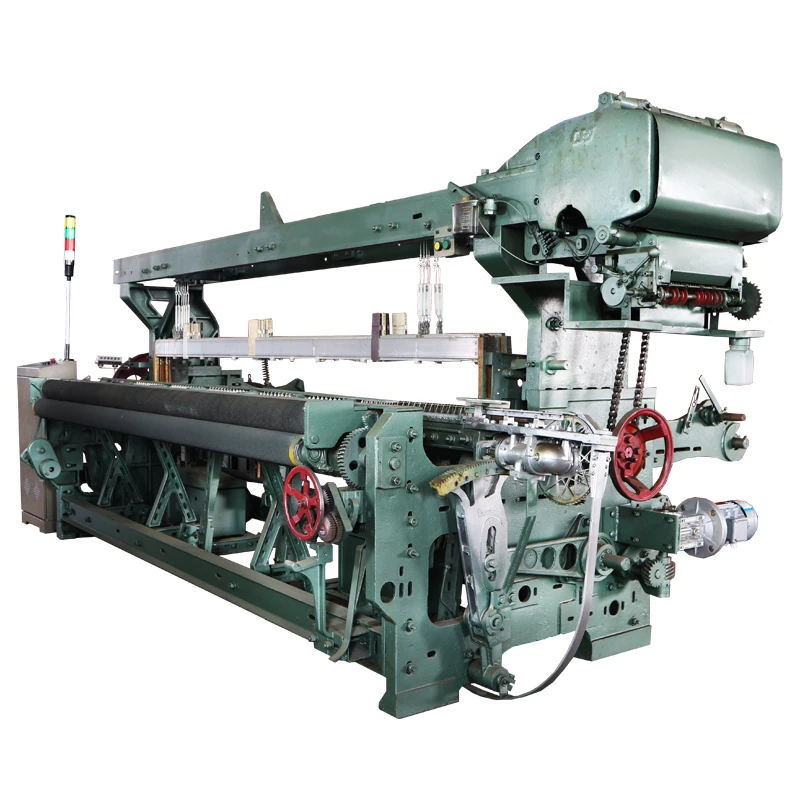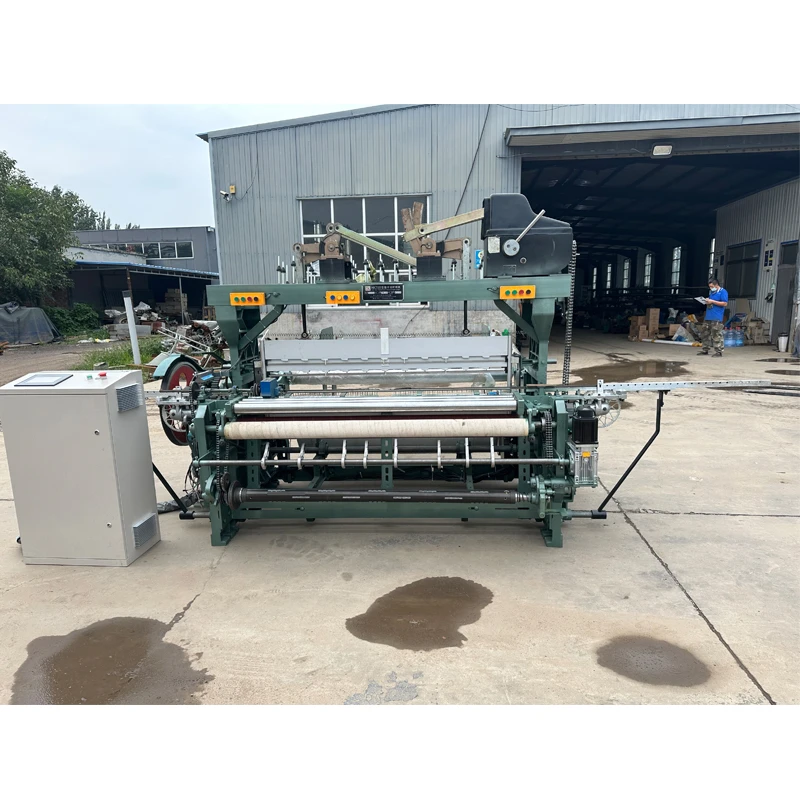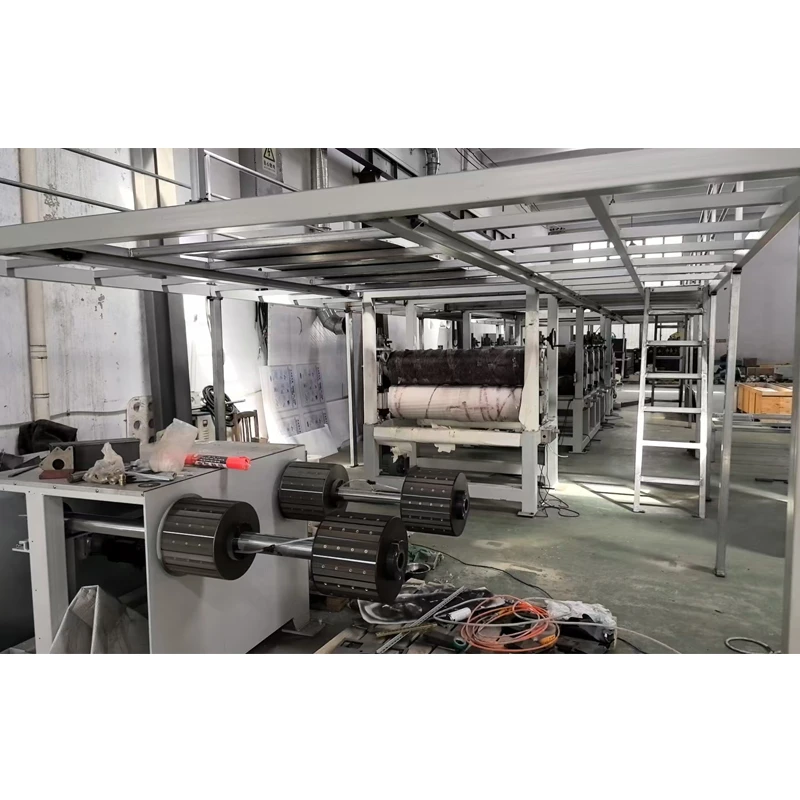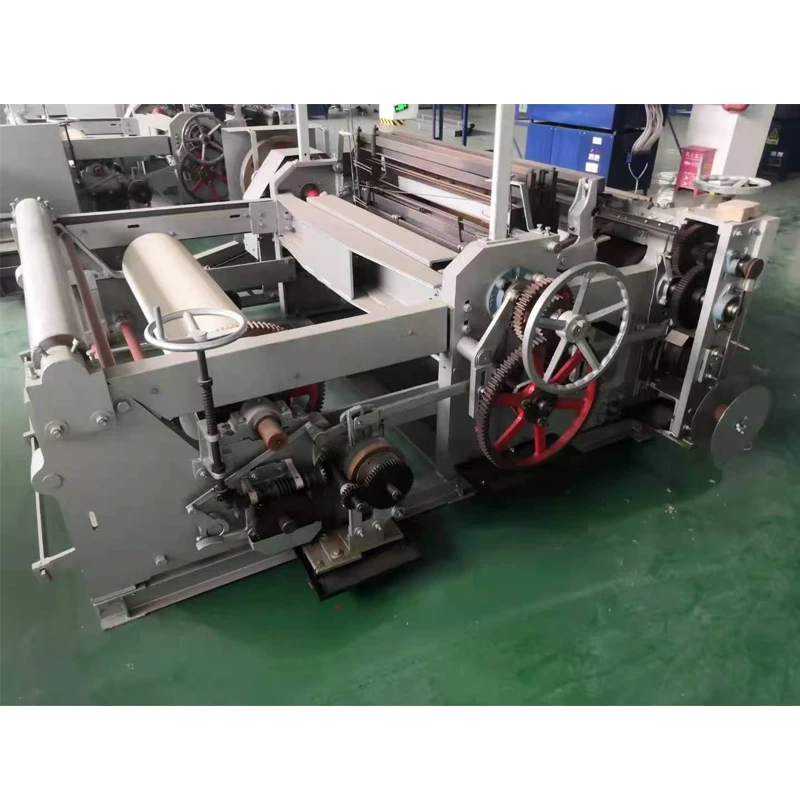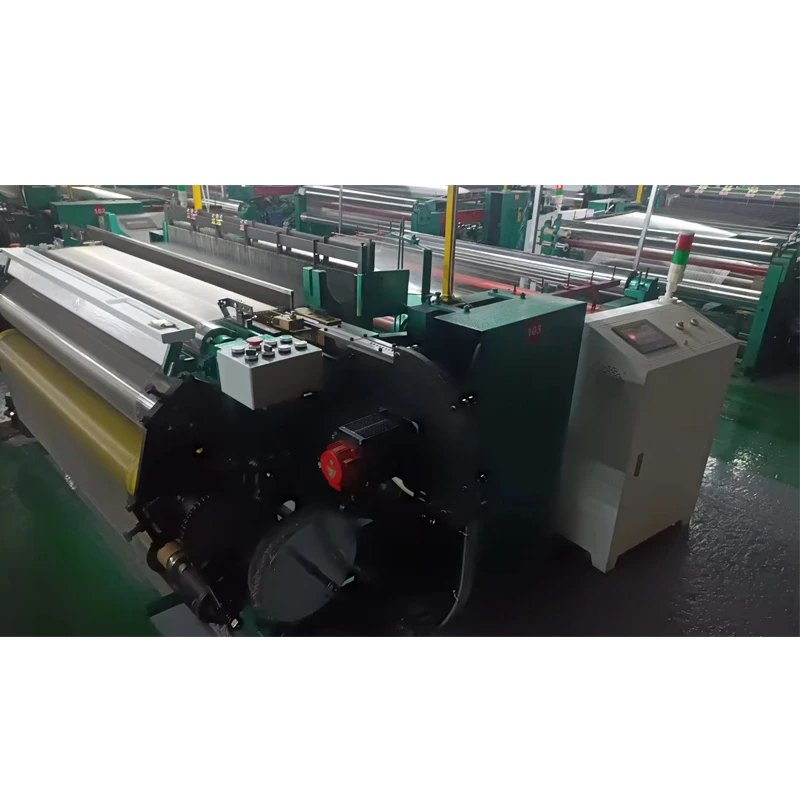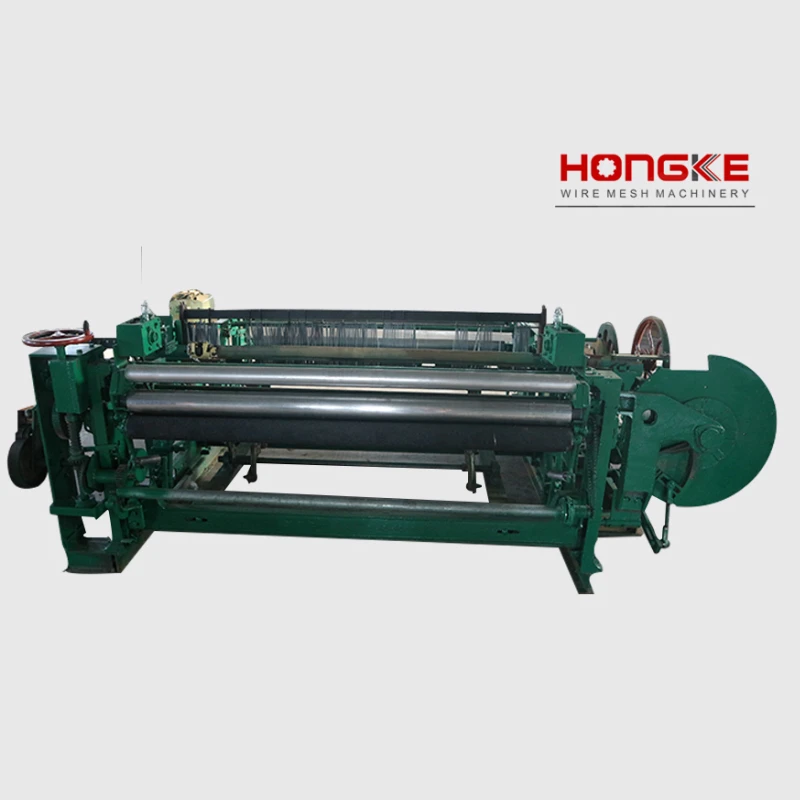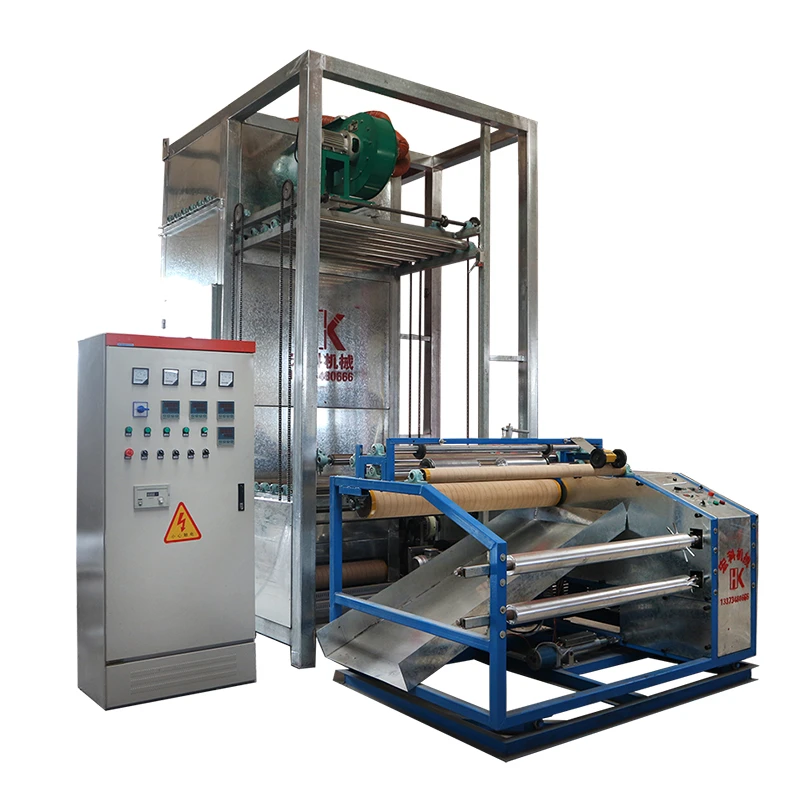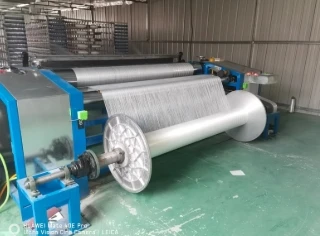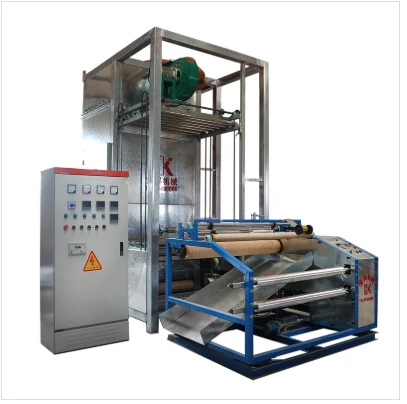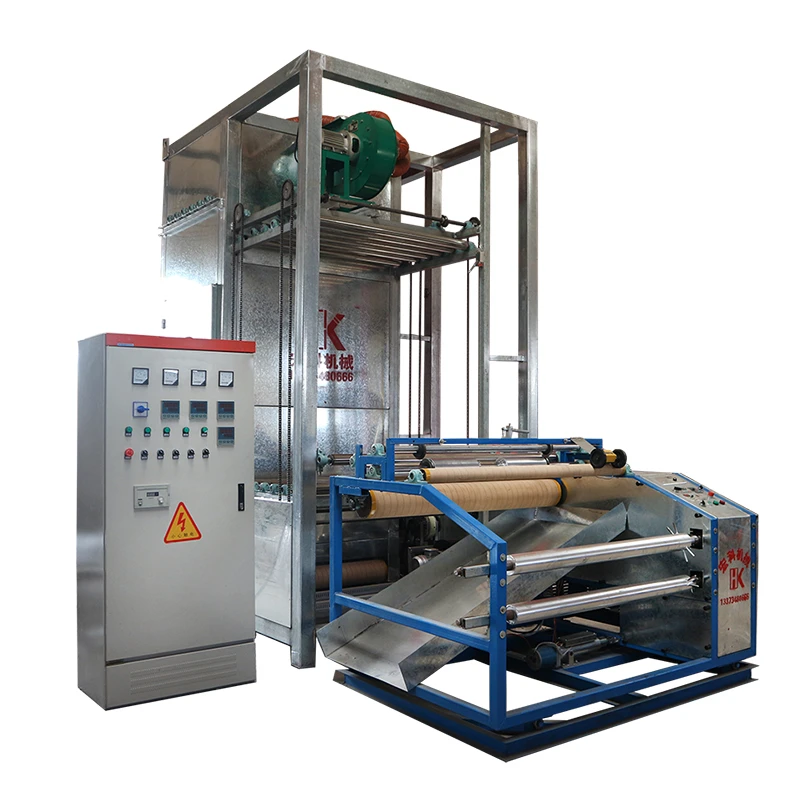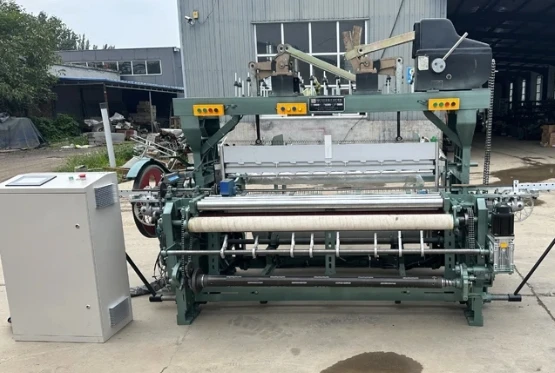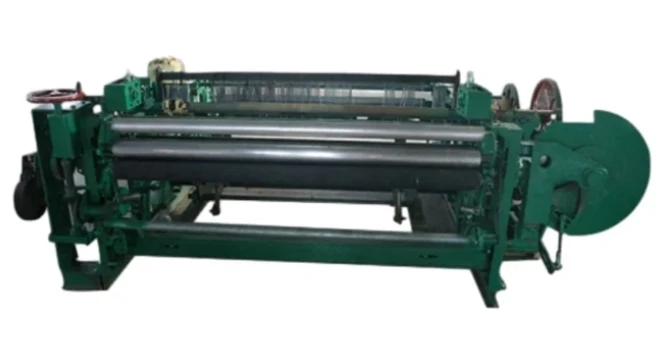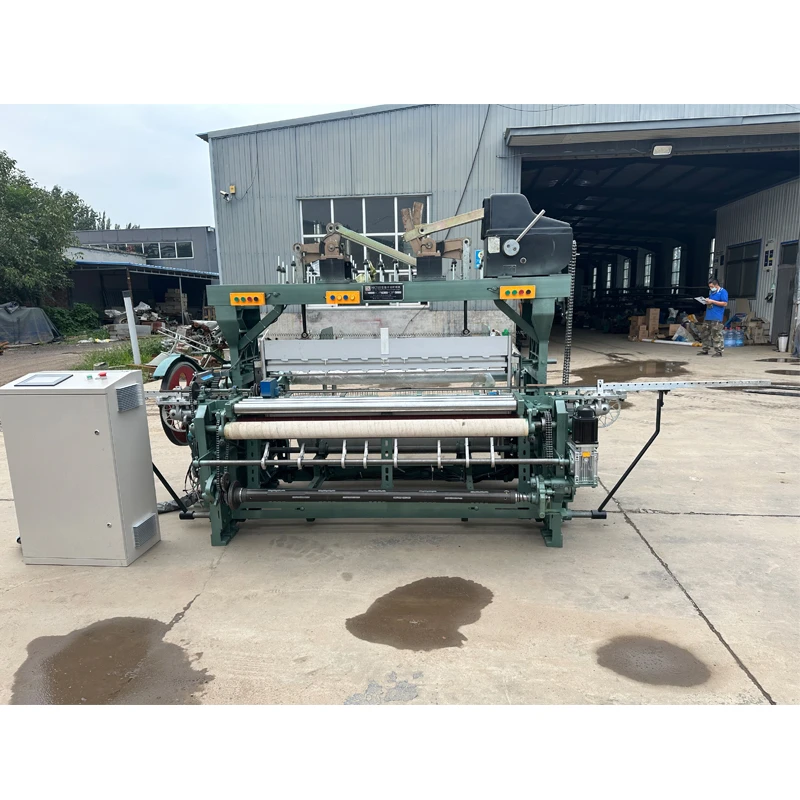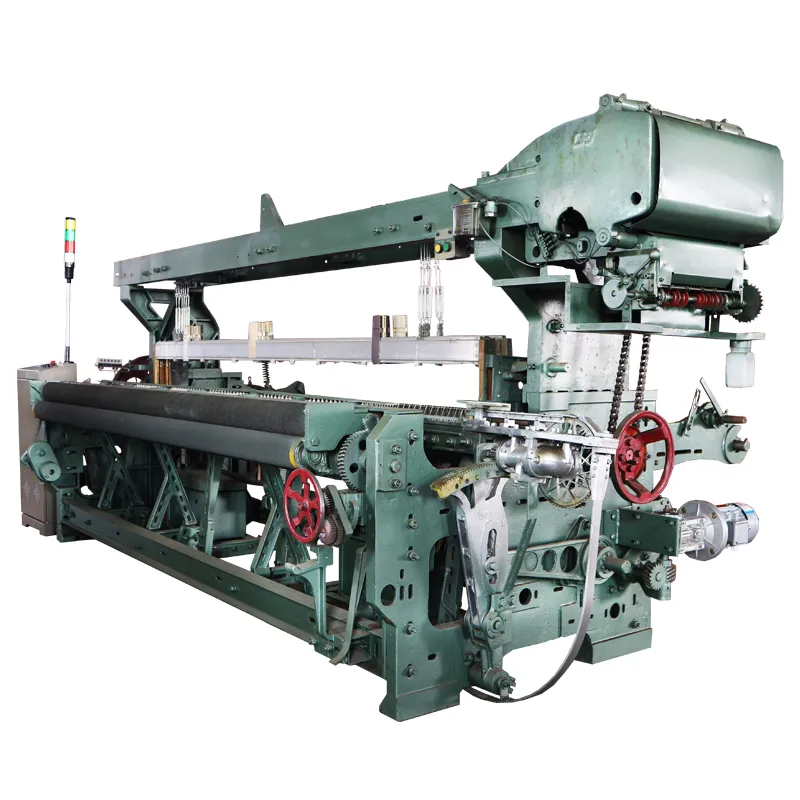
The Fiberglass Mosquito Net Machine represents a cutting-edge solution in the textile manufacturing industry, designed to streamline the production of durable, high-quality mosquito nets and window screens. Developed by Anping Hongke Wire Mesh Machinery Factory, this system integrates multiple specialized machines to ensure precision, efficiency, and scalability in production. This article explores the core functionalities, technical specifications, and applications of this advanced machinery, while emphasizing its role in modern industrial textile manufacturing.
Overview of the Fiberglass Mosquito Net Production Line
The fiberglass mosquito net production line consists of several key components, including the PVC Coating Machine, Warping Machine, Weaving Machine, Shaping Machine, and Mesh Quality Inspection Machine. Each of these machines plays a critical role in transforming raw fiberglass yarn into finished products that meet stringent quality and performance standards. The system is engineered to handle complex processes such as yarn coating, tension control, weaving, and quality assurance, ensuring consistent output and minimal waste.

Technical Specifications of Key Machines
1. Fiberglass Yarn PVC Coating Machine
The PVC Coating Machine is designed to enhance the mechanical properties of fiberglass yarn by applying a PVC resin coating. This process increases tensile strength, flexural strength, and surface smoothness, making the yarn suitable for high-performance window screens. The machine features a 26-meter length, 2-meter height, and 1.8-meter width, with a power consumption of 18 kW. It can produce up to 800 kg of coated yarn per day, supporting 28-30 threads simultaneously.
2. Warping Machine
The warping machine ensures uniform tension and arrangement of fiberglass yarn on the warp shaft, preparing it for weaving. The 260 Type Warping Machine has a compact design (4.2m x 1.75m x 1.25m) and a power rating of 15 kW. It includes advanced features such as a 63 kg magnetic powder brake, photoelectric protection, and an infrared stop mechanism. With a winding speed of 800-1,200 meters per hour, this machine ensures high output and stability during operation.
| Machine Size | L4.2m W1.75M H1.25m |
|---|---|
| Power | 15 KW |
| Weight | 2 tons (excluding yarn rack) |
| Winding Speed | 800-1200 meters per hour |
| Main Advantages | High stability, high automation, simple operation, uniform warp tension, high output |
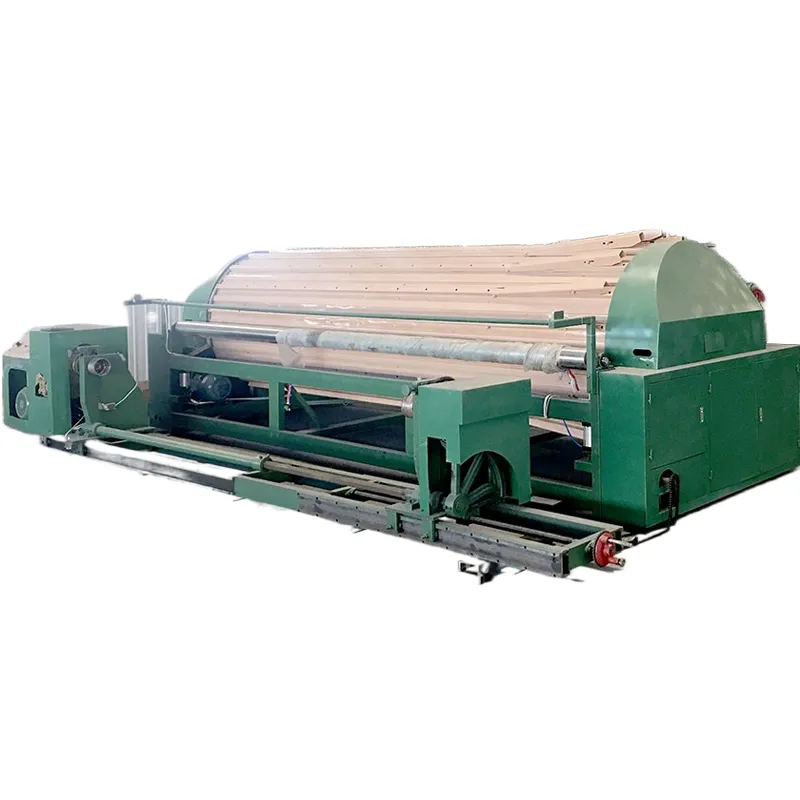
3. Weaving Machine
The 260 Type Weaving Machine is designed to produce flat, square-mesh window screens with high efficiency. Equipped with a 45 kg magnetic powder clutch and a Tiger King electric control system, this machine ensures precise warp feeding and winding. It operates at a speed of 135-165 times per minute, with a power consumption of 1.5 kW. The machine’s compact size (4.2m x 1.8m x 1.45m) and lightweight (1.8 tons) make it ideal for small to medium-scale production facilities.
| Machine Size | L4.2m W1.8M H1.45m |
|---|---|
| Power | 1.5 KW |
| Weight | 1.8 tons |
| Speed | 135-165 times per minute |
4. Shaping Machine
The shaping machine uses high-temperature processing to bond the warp and weft yarns, enhancing the mesh’s strength, aesthetics, and flatness. This machine features a 320-meter-long electric heating system, with four ovens for magnetic powder winding. It can produce 2,000-2,200 meters of mesh per hour, ensuring high throughput for large-scale operations.
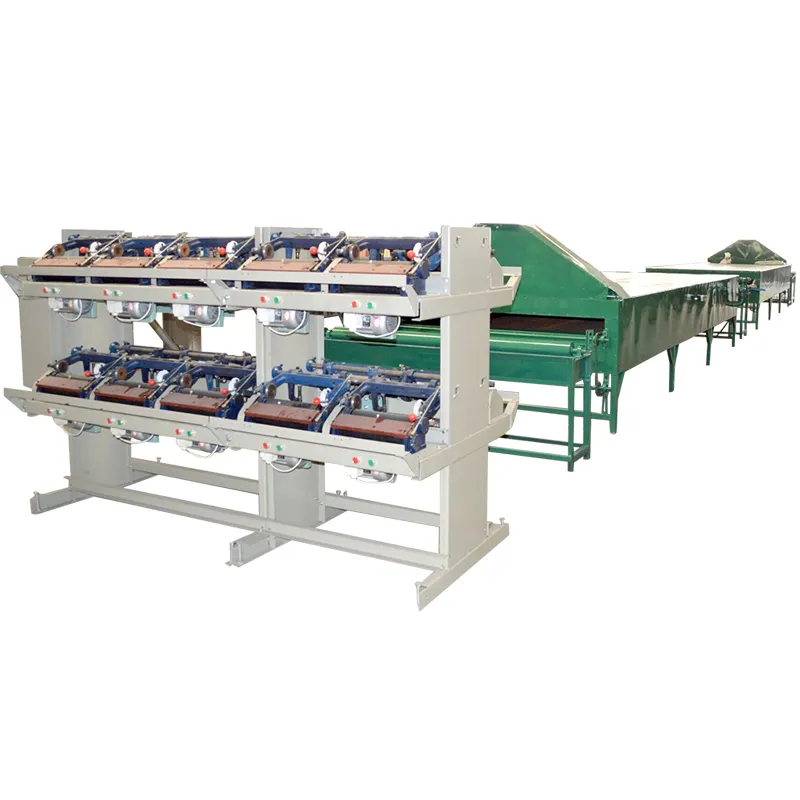
5. Mesh Quality Inspection Machine
The Mesh Quality Inspection Machine ensures the final product meets quality standards. It can monitor mesh length and density, with a capacity to support up to eight weaving machines simultaneously. The machine has an external size of 3,100 x 920 x 1,550 mm, a power consumption of 2.2 kW, and a gross weight of 500 kg.
Applications and Industry Relevance
The fiberglass mosquito net machine is widely used in the production of fiberglass window screens, mosquito nets, and fiberglass mesh. These products are essential for residential, commercial, and industrial applications, offering durability, UV resistance, and pest control. The machine’s ability to produce standardized mesh sizes (e.g., 14 x 17, 16 x 18, 20 x 20) ensures compatibility with diverse market demands.
According to the National Institute of Standards and Technology (NIST), advanced manufacturing technologies play a critical role in improving product quality and production efficiency. The integration of automated systems like the fiberglass mosquito net machine aligns with NIST’s guidelines for precision engineering and industrial innovation (NIST, 2023).
Company Background: Anping Hongke Wire Mesh Machinery Factory
Based in Anping County, China, Anping Hongke Wire Mesh Machinery Factory is a leading manufacturer of textile machinery, specializing in fiberglass mesh production equipment. With decades of experience, the company has established itself as a trusted supplier to global markets, offering high-quality machines that meet international standards. Their commitment to innovation and customer satisfaction is reflected in the design and performance of their fiberglass mosquito net machines.
Conclusion
The Fiberglass Mosquito Net Machine is a testament to the advancements in industrial textile manufacturing. By combining precision engineering with automated processes, this system ensures the production of durable, high-performance mosquito nets and window screens. As industries continue to prioritize efficiency and quality, the role of such machinery will only grow in importance. For more information on the product and its applications, visit the official website of Anping Hongke Wire Mesh Machinery Factory.
References
National Institute of Standards and Technology (NIST). (2023). Advancing Manufacturing Technologies. Retrieved from https://www.nist.gov/

Pervious








